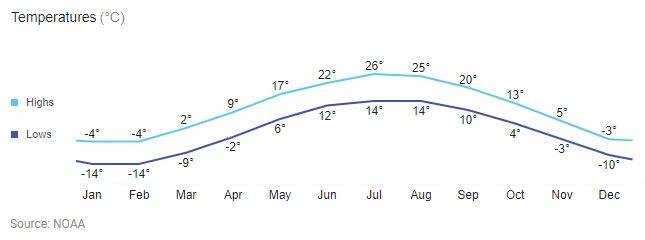

Course code: #DSN
These are mandatory and all come with course.
These items are optional and you can choose them as you wish after applying for the course.
| Term start& deadline | Deadline | ||
|---|---|---|---|
| Fall-September 31-March-2024 | 2024-03-31 |
|
Forensic Science is an emerging interdisciplinary area of science that includes elements of social science and involves the use of scientific principles to analyze evidence for legal investigations.
The Bachelor of Science (Honours) in Forensic Science is distinguished by a strong scientific foundation in biology and chemistry, with allied courses related to forensic aspects of identification, toxicology, ethics and law.
The first year of the program has core courses in each of biology, chemistry, calculus, and physics.
This provides students with a basic grounding in fundamental science disciplines, both in order to prepare them for future scientific developments in any area they choose to pursue, and also to allow the flexibility for selecting different scientific specializations in the upper years of study.
Forensic Science program specializations include Biology, Chemistry, and Physics, and provide students with opportunities inherent in typical programs in these areas, including post‐degree and graduate studies.
In keeping with Ontario Tech university’s mission to prepare students for careers, this program also includes development in leadership skills and is accredited by the American Academy of Forensic Sciences (AAFS) – Forensic Science Education Programs Accreditation Commission (FEPAC).
Forensic chemistry encompasses numerous disciplines including paint analysis, arson and fire debris investigations, explosives analysis, fibre and textile testing as well as the subdiscipline of toxicology, the study of drugs and poisons.
Forensic chemists use a myriad of technologies, such as gas chromatography, liquid chromatography and mass spectroscopy to determine the quantity and quality of various organic and inorganic substances that comprise evidence in criminal, civil and regulatory legal matters.
Forensic biology spans a multitude of applications of biological evidence, such as blood and other body fluids, hairs, botanical remains, microbes and insects, to criminal, civil and regulatory law investigations and prosecutions.
Biological evidence is particularly valuable to the justice system due to the presence of DNA and the ability to associate such evidence with an individual or species, and to do so with a statistically relevant degree of reliability.
Forensic biologists analyze DNA using technologies such as real-time polymerase chain reaction (PCR) quantitation, short tandem repeat (STR) analysis and single nucleotide polymorphism (SNP) analysis, and assess the weight of evidence referring to principles of statistical analysis and population genetics.
The discipline of forensic physics describes the application of the scientific study of matter, motion and energy to forensic investigations of many types, including bloodstain pattern analysis, ballistics, accident reconstruction, metal strength and damage analysis, optical and acoustic analyses, as well as tracing radioactive materials and sources of nuclear weapons.
An emerging field in this specialization is the forensic analysis of digital, electronic and multimedia evidence, with applications not only in criminal, civil and regulatory cases, but also in corporate and national security.
$35,795
| Cost of living | 1 person | $7,800 |
| Accommodation | 1 bed room | $6,600 |
| Tuition | 1 person | $29,195 |
Duolingo English Test (DET): Minimum score of 110 (Education and Nursing programs require a total score of 120).
EAP:
Pre-EAP Program: Students who need more preparation before entering the English for Academic Purposes (EAP) program will be admitted to the Pre-EAP Program for a minimum of eight weeks.
Upon successful completion of pre-EAP, students will enter Level 1 of EAP. The Pre-EAP program focuses on building and improving basic English language skills.
| Level | IELTS (academic) entry requirement | TOEFL entry requirement | Description | Outcomes |
| EAP 6000 | 6.5 | 79-93 | Post-English for Academic Purposes | Direct entry to select Ontario Tech and Durham College programs (including Education and Nursing programs). |
| EAP 5000 | 6.0 (no band score less than 5.5) | 60-78 | Higher Advanced English for Academic Purposes | Direct entry to most Ontario Tech undergraduate and graduate programs and Durham College graduate certificate programs. |
| EAP 4000 | 5.5 (no band score less than 5.0) | 46-59 | Advanced English for Academic Purposes | Direct entry to most of Durham College diploma programs. |
| EAP 3000 | 5.0 (no band score less than 4.5) | 40-45 | Intermediate English for Academic Purposes | |
| EAP 2000 | 5.0 (band scores less than 4.5) | 35-39 | Developing English for Academic Purposes | |
| EAP 1000 | 4.5 (no band score less than 4.0) | 32-34 | Introduction to English for Academic Purposes | |
| Pre-EAP | 4.0 | <32 | Pre-English for Academic Purposes |

Related courses in univly